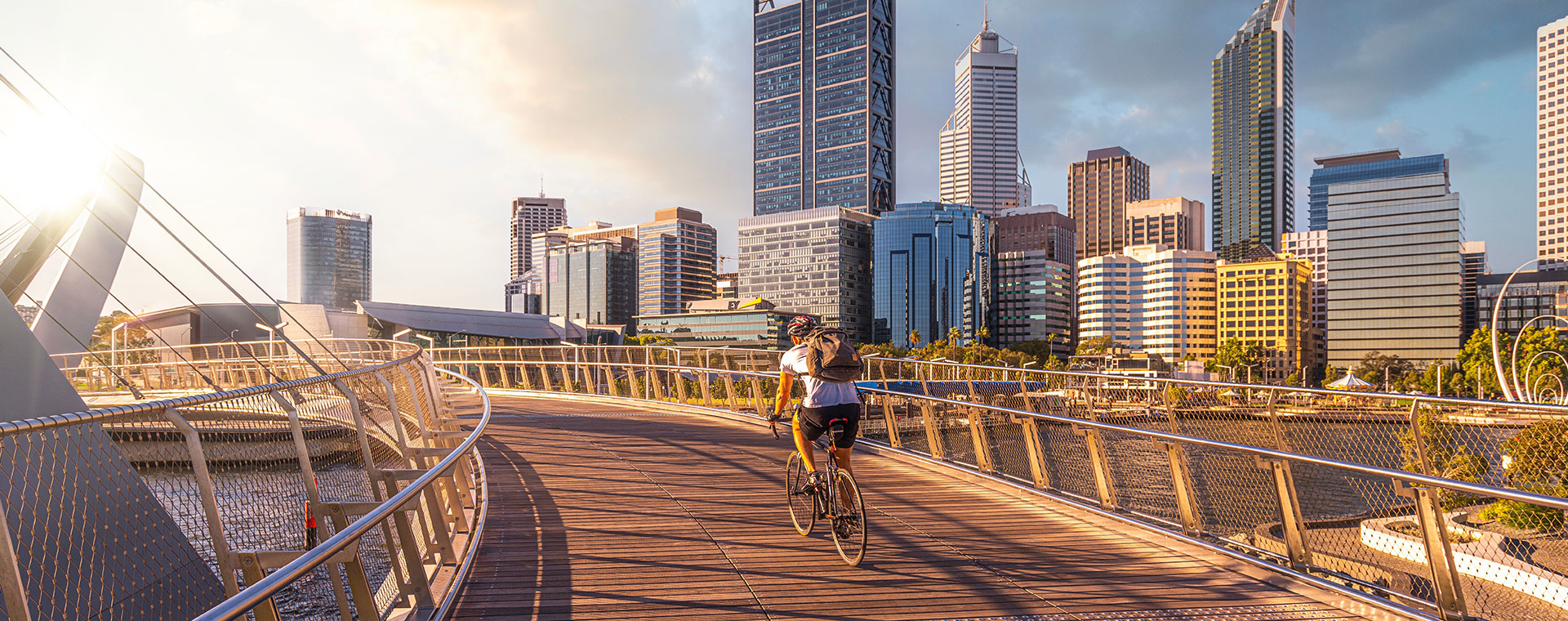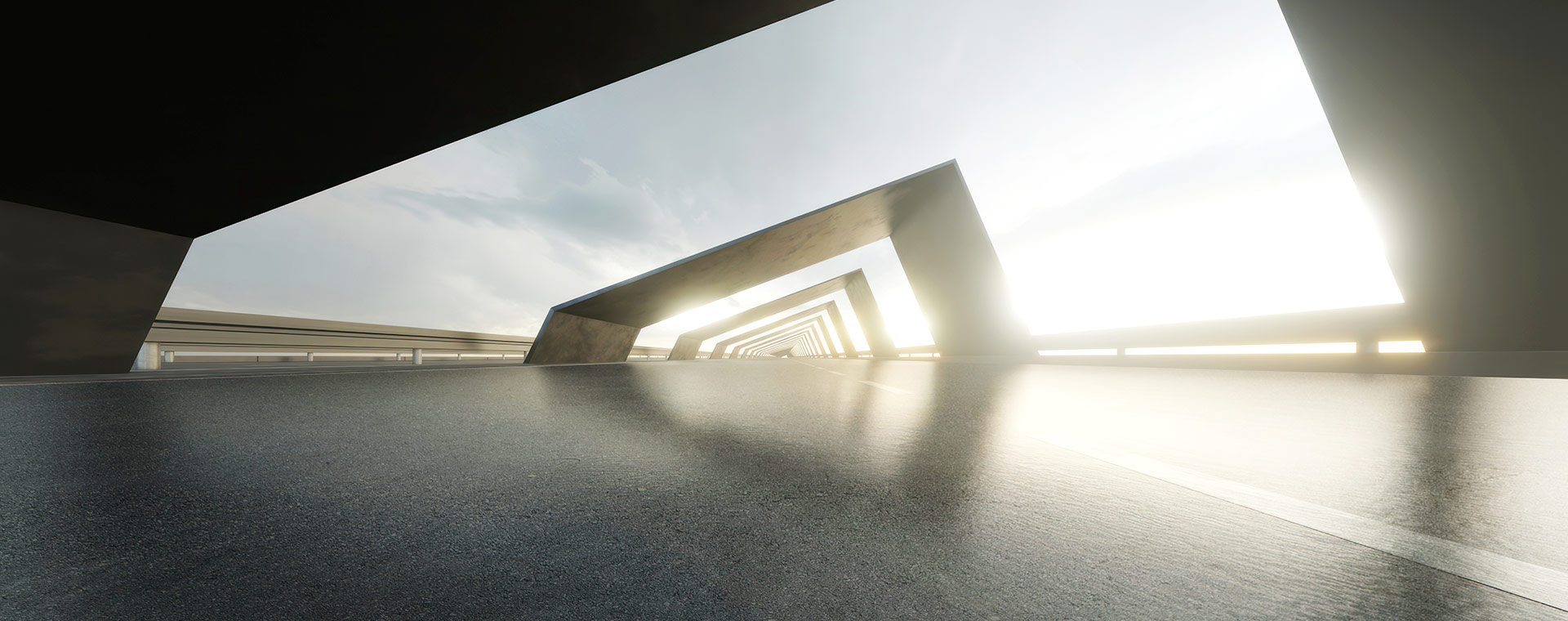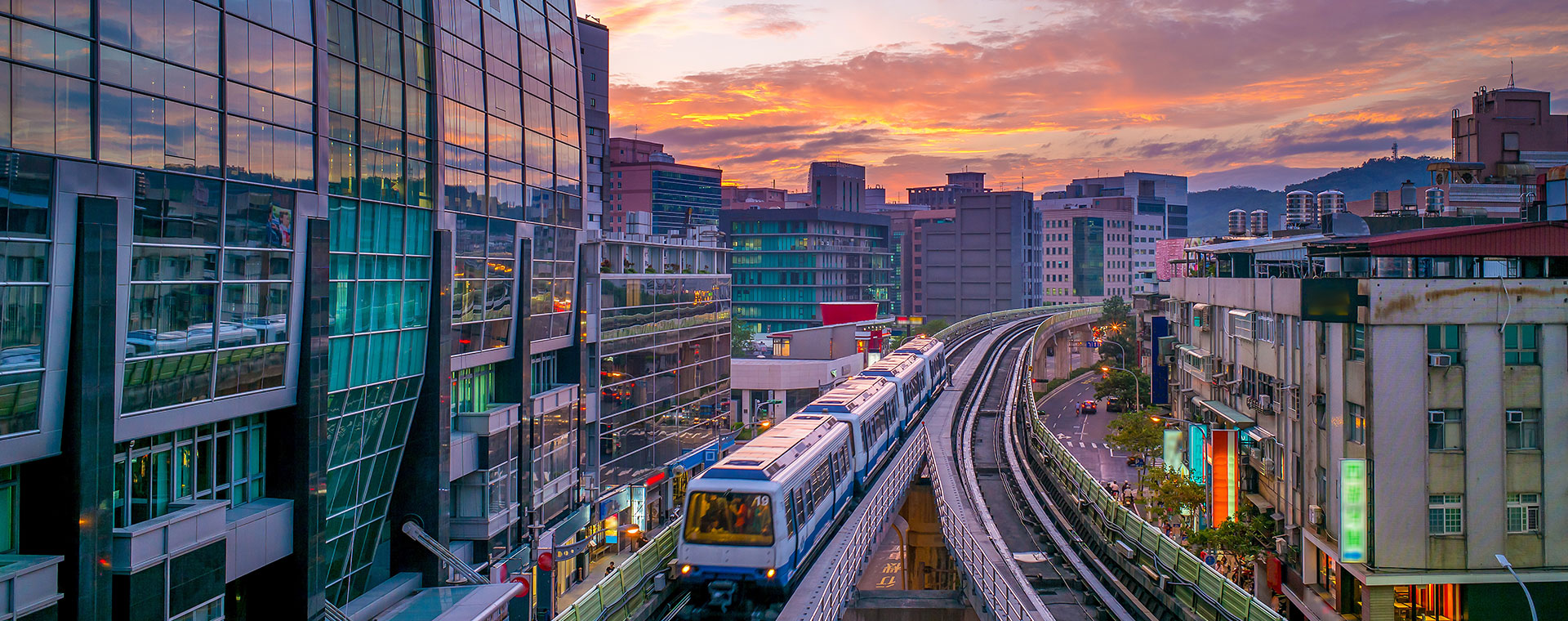Interview
Climate
Democracy, mobility and climate change: what’s next?
-
Ulrike Guerot
Political scientist, founder of the European Democracy Lab

In this interview, Ulrike Guerot, political scientist and founder of the European Democracy Lab, shares her views on the future of Europe: between mobility and the climate emergency.
There's an epistemological problem today, because even when we have most of the data, we still don't act. The climate is a good example: for 40 years, we've been talking about global warming, but it's only in the last few years that we've been implementing in-depth policies. Action comes late.
What can we do about it? We need to avoid approaching the subject of mobility as a kind of re-fertilization. In terms of freedom, mobility is a luxury reserved for the rich. If we look at cities like London or Paris, it's clear that having a car in a big city is expensive, as is parking and the space reserved for them. Why not give the city back to the people? But we have to be careful:
- Re-fertilization: habits such as flying, driving or eating meat will be reserved only for the rich. This is very dangerous for democratic societies, which are all based on the equality of all citizens.
- Not adopting control policies. We saw with Covid that there were a lot of conspiracy theories. These tendencies emerge when we start to control and regulate people's movements.
The answers we come up with have to be democratic, have to deal with the problem of control, and at the same time have to deal with the issue of re-fertilization.
In the past, we've created our cities for cars, to the tune of 80%. If we can turn back the clock and give cities back to the people, I think it could be a good move that would be social, climate-friendly and maintain freedom.
-
 Interview
Design
Interview
Design
How does architecture interact with mobility in our cities?
Madeleine Masse, Founder and President of Atelier Soil
-
 Interview
Design
Interview
Design
How can we reinvent mobility?
Arnaud Passalacqua, Professor at the Paris School of Urban Planning
-
 Interview
Design
Interview
Design
How can individuals improve their urban environment?
Zeina Nazer, Co-founder of Cities Forum and vice president of ITS UK Road User Charging Forum
-
 Interview
Design
Interview
Design
In transportation planning, should cities be our top priority?
Zeina Nazer, Co-founder of Cities Forum and vice president of ITS UK Road User Charging Forum
-
 Insights
Design
Insights
Design
Mobility of tomorrow and urban design: do citizens have a say in what their cities look like?
Edith Maruéjouls, Founder of the Design Office L'ARObE
A city that adopts an inclusive approach to urban planning is one that rethinks the status of women and the gendered nature of public spaces.


